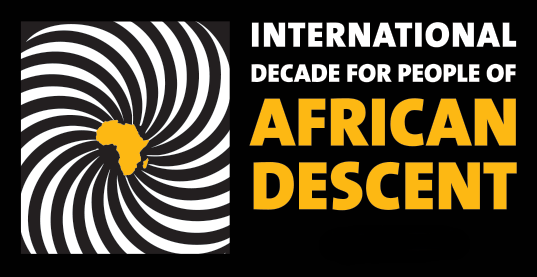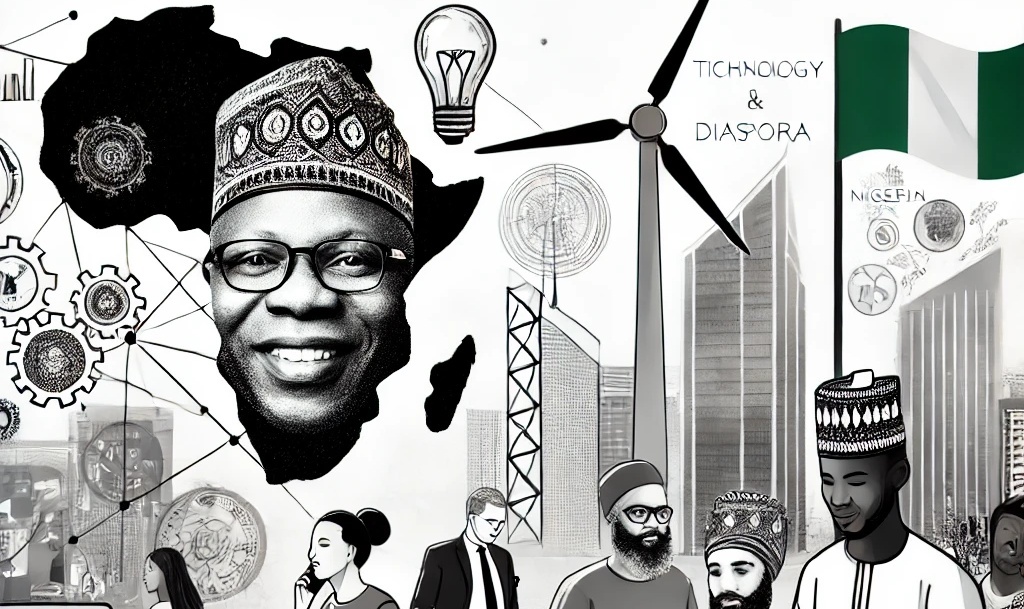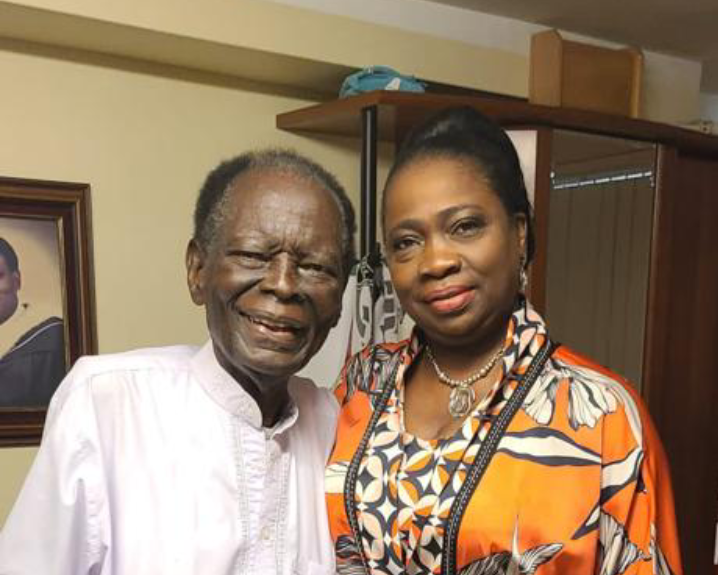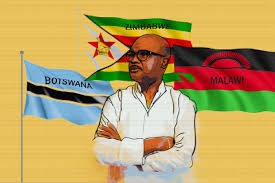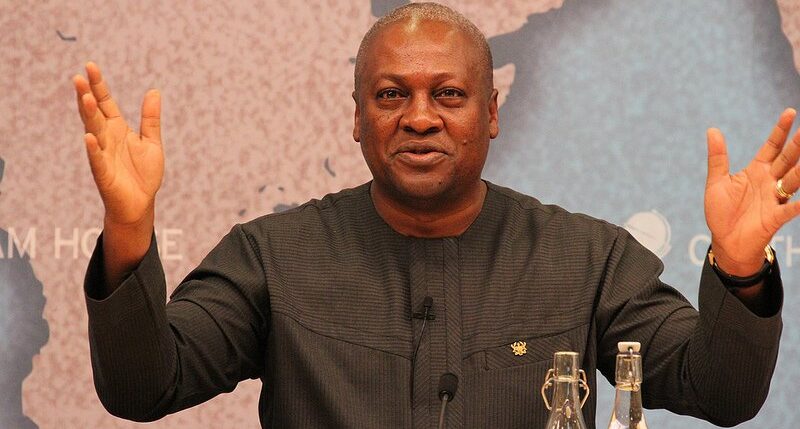The United Nations has inaugurated the second International Decade for People of African Descent (2025–2035), renewing its global commitment to addressing the legacies of slavery, colonialism, and systemic discrimination. The initiative is built around three central pillars: recognition, justice, and development.
The first decade (2015–2024) laid important groundwork in advancing awareness of structural inequalities and mobilizing governments, civil society, and international institutions to act. However, UN officials and advocacy groups argued that much more remains to be done, particularly in tackling racism, promoting reparative justice, and closing socio-economic gaps that continue to affect people of African descent worldwide.
This second decade emphasizes:
- Recognition: Ensuring that the histories, cultures, and contributions of people of African descent are acknowledged and celebrated globally.
- Justice: Advancing efforts for reparations, legal reforms, and accountability for human rights violations rooted in enslavement and colonial exploitation.
- Development: Promoting economic empowerment, education, health equity, and political participation to address long-standing disparities.
The launch comes amid rising momentum within the African Union, the Caribbean Community (CARICOM), and diaspora movements calling for reparations and institutional reforms. Global leaders have underscored that the decade is not only symbolic but also a practical framework for coordinated international action.
For diaspora communities, the initiative represents both validation of historical struggles and an opportunity to mobilize for tangible progress in social justice, policy reform, and inclusive development.
By extending this program for another ten years, the UN signals that the fight against racism and structural inequality remains a global priority and that achieving justice for people of African descent is essential for building a fairer, more inclusive world.


